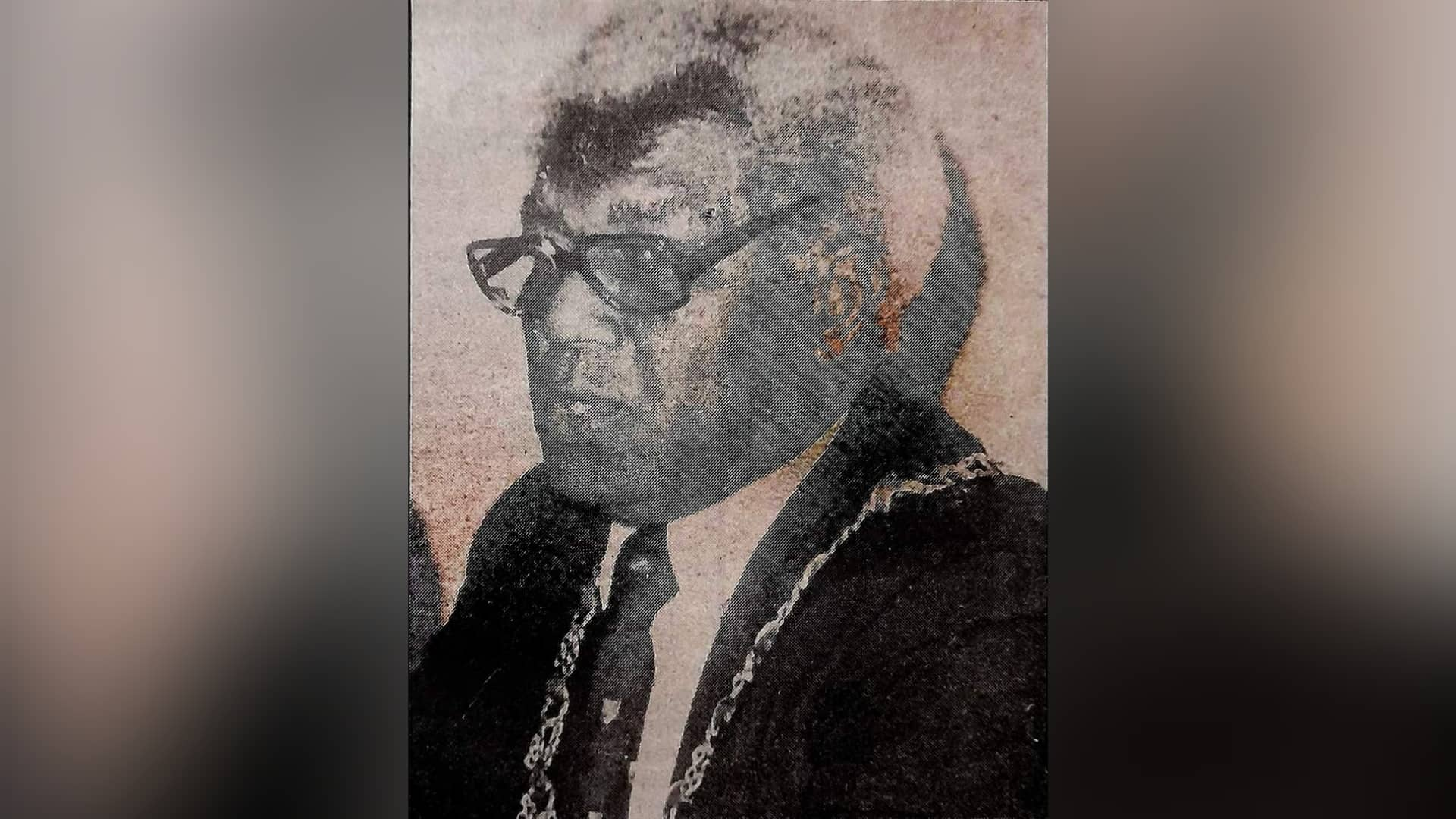In March 1984, Fiji became the 146th country to officially register the existence of AIDS (Acquired Immune Deficiency Syndrome) with the World Health Organization (WHO).
A person who was diagnosed with AIDS was susceptible to any infection from pneumonia to cancer because their immune system had been destroyed.
Therefore, the person infected was vulnerable to many diseases.
It was reported in The Fiji Times on July 4, 1989, that Fiji recorded its first AIDS victim a few months earlier before registering with the WHO.
The victim was believed to have contracted the virus from an overseas blood donor.
The second was detected after a 30-year-old man who was donating blood at the Lautoka Hospital had his blood scanned.
A person confirmed to have HIV (Human Immunodeficiency Virus) antibody was a carrier of the virus and was able to spread the virus to others.
Therefore, since 1988, all blood donors in Fiji were automatically scanned for the AIDS virus antibodies.
As a result, the Western branch of the Fiji Medical Association and the Ministry of Health got together to hold a seminar in order to highlight other areas of AIDS prevention.
As Dr David Frankl, the consultant physician at Lautoka Hospital said, the GP’s were in the “frontline”.
They were the one the public, especially those with sexual transmitted disease (STD), usually confided in when they sought treatment or were tracked down.
One such GP, the president of the family Planning Association, Dr Sefanaia Tabua, declared that Fiji was especially vulnerable to AIDS. “One important factor of AIDS is promiscuous sex.
Our society is promiscuous. “The young people are having sex at a much younger age than our parents and grandparents did.
“These children had multi-partners and it was a status symbol to change sexual partners and they did not know the method of ‘safe sex’ or did not know the importance of using condoms.”
“The National AIDS Prevention Program launched a major public campaign to educate the public on the dangers of AIDS with its Family Planning Education,” Dr Tabua said.
“The dangers of AIDS should not be taken lightly.”
On the clinical handling of Fiji’s first AIDS confirmed victim at the Lautoka Hospital, Dr Frankl, a veteran in handling AIDS cases, said he was impressed with the professional manner of the local staff members at the hospital.
Dr Frankl graduated at the University of California where the world’s first case was reported in 1981.
“There was no panic, the patient wasn’t discriminated against and the hospital staff were extremely professional.”
He said even though HIV infections which lead to AIDS were dangerous, it was difficult to transmit.



